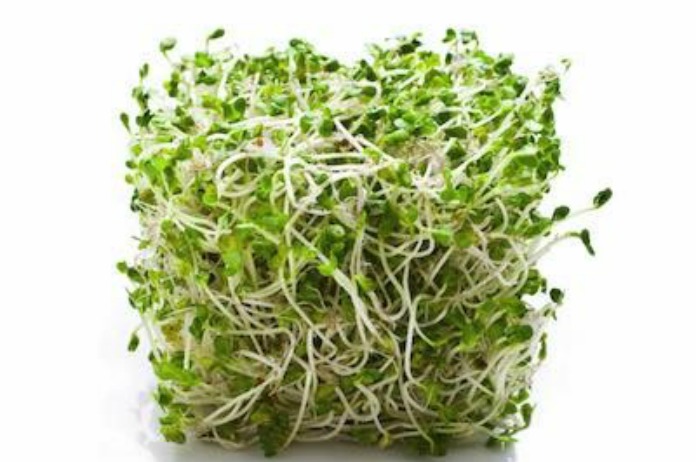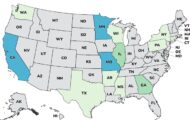The FDA has issued new draft guidance to help improve the safety of seeds for sprouting. Will it make a difference?
In the past 22 years, there have been 50 outbreaks of foodborne illness associated with contaminated raw sprouts. These outbreaks have caused 2,600 cases of food poisoning. In 2018, there were two sproutbreaks which together sickened about 100 people. Last year, ten people were sickened with Salmonella Montevideo infections after eating raw sprouts in Jimmy John’s sandwiches.

Studies show that contaminated seed is the likely source of most of these outbreaks. It doesn’t help that the conditions under which the seeds are sprouted, warm and moist, are perfect for pathogen growth. FDA Deputy Commissioner for Food Policy and Response Frank Yiannas said, “The FDA is committed to taking swift action to respond to outbreaks related to sprouts and keep our food supply safe, but we also know that measures to prevent issues from happening in the first place are an important element of protecting consumers. By studying outbreaks related to sprouts over the years, we have been able to recommend changes in the industry to help lower the incidence of sprout-related outbreaks.”
The guidance is called “Reducing Microbial Food Safety Hazards in the Production of Seed for Sprouting.” It is intended to make those in the sprout industry aware of the serious concerns with the outbreaks associated with raw and lightly cooked sprouts.
One of the problems with raw sprouts is that bacteria may already be present on or in the seed. If the pathogen is encapsulated in the seed itself, no amount of seed cleaning is going to kill that bacteria. Even if only a small number of bacteria is present, the growing conditions can help the pathogen grow to number in the millions while sprouting.
The draft guidance recommends that “if a grower, holder, conditioner, or distributor reasonably believes that its seeds are expected to be used for sprouting, we recommend that the grower, holder, conditioner, or distributor take steps that are reasonably necessary to prevent those seeds from becoming contaminated. We also recommend that firms throughout the supply chain – from seed production and distribution through sprouting – review their current operations related to seeds for sprouting.”
Some of those recommendations to help improve the safety of sprouts include:
- Train personnel to have food safety responsibilities about food hygiene, personal hygiene, and food safety;
- Encourage good hygiene practices among personnel;
- Store seed used for sprouting separately from seed that will be used for other uses;
- Ensure that food contact surfaces are cleanable.
- Clean food contact surfaces regularly and sanitize them;
- Ensure that seed is transported in a manner that minimizes the possibility of contamination.
Other recommendations cover seed farmers and packers, including assess the growing areas for evidence of contamination, such as animal excreta; ensure that irrigation water is safe and of good sanitary quality, and to store seed in closed containers in a clean dry area.
Anyone can comment on these recommendations through August 26, 2019. Visit the draft guidance page, or submit comments electronically, with docket number FDA-2018-D-4534.




